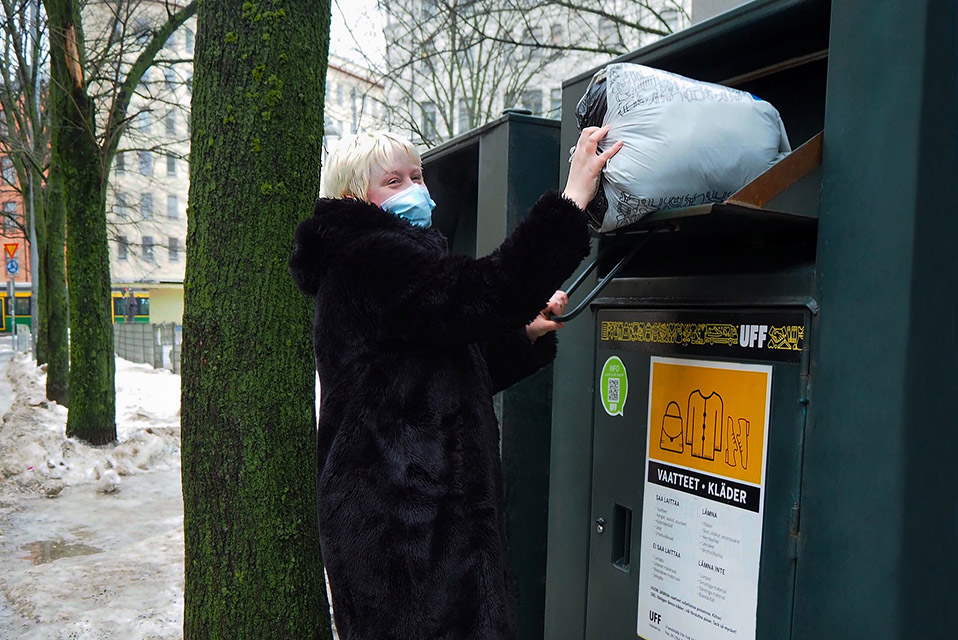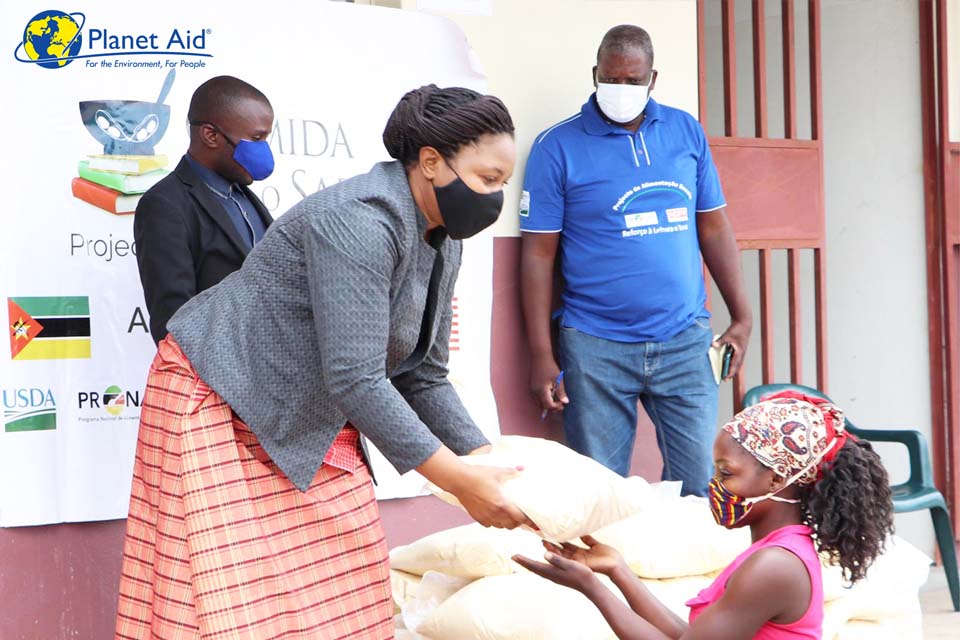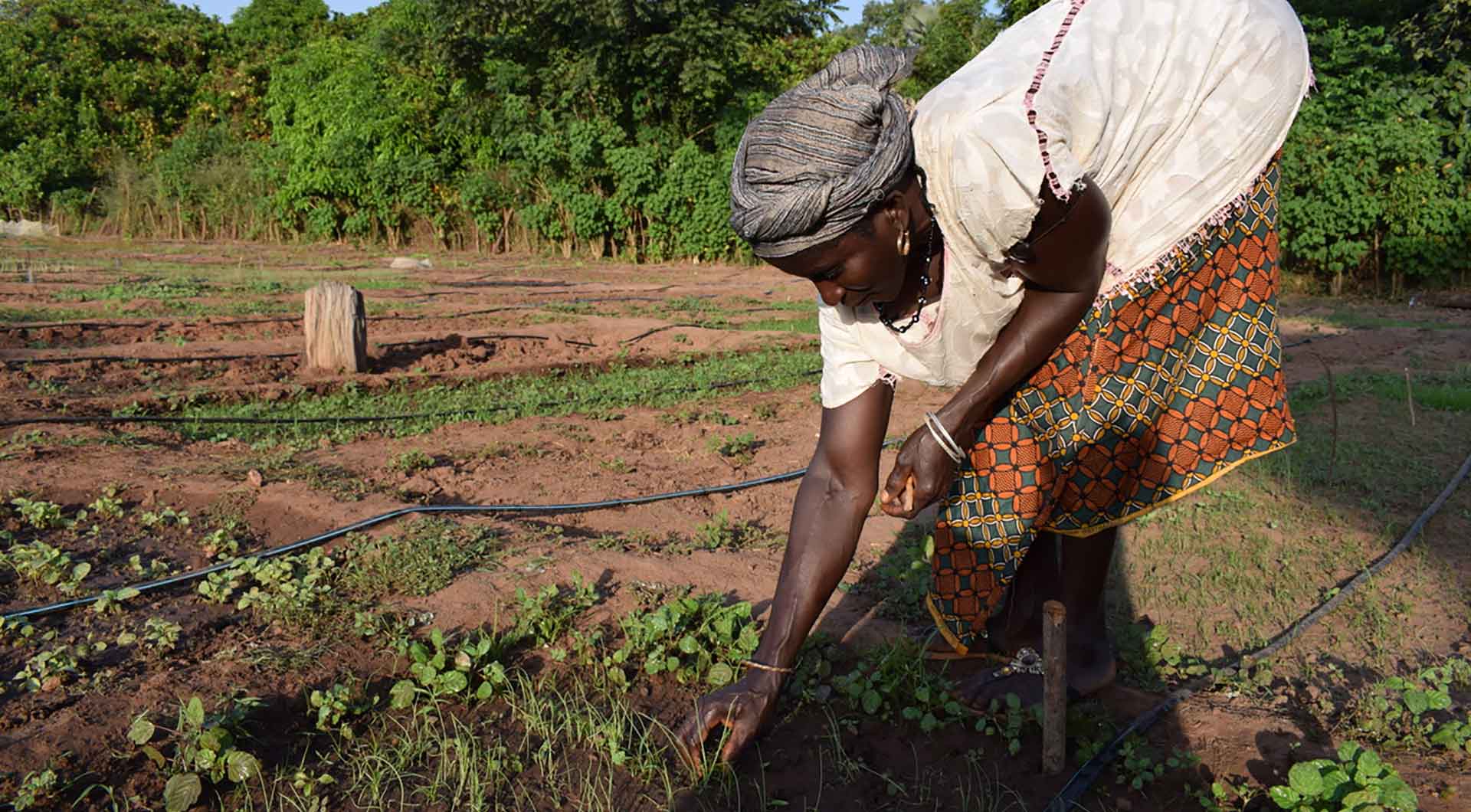
As the world commemorates International Children’s Day, millions of children continue to face challenges that threaten their rights, safety, well-being, and development, placing a heavy burden on them during their formative years.

The current child protection efforts in communities require a change in approach, considering the cuts in funding that were used to support children in improving their living conditions. Communities need to come together to find a sustainable way forward to look after their children, help create a safer environment, and foster a culture of respect and value for children. The experiences they undergo at this stage shape their views and responses in the future. To reach their full potential, children need access to healthcare, immunisations, nutrition and quality early childhood learning.
We must invest in children’s education, preserve indigenous knowledge on children and protect their rights; together, we can build a society where every child can reach their full potential. Promoting children’s participation to express their views, practice their agency, decide on matters that affect them directly, and share their stories is key in the early years of a child’s life and is an opportunity to have the best start.

One of our members, DAPP Zimbabwe, is committed to empowering families and communities to work together to promote children’s rights, increase access to basic needs, and create a supportive environment for children to thrive.
In Bindura and Shamva districts, the Child Aid Bindura/Shamva project has been working together with more than 1.000 families and 40 Village Action Groups (VAGs) for the past 19 years, supporting them in building family and community capacities to improve the welfare of children. The project focuses on improving livelihoods, health, education, and community development through its 10 operational lines for children to unleash their full potential. Village Action Group Coordinators and community leaders mobilise communities to help create a safer environment where children are free from exploitation, abuse, and neglect, with the understanding that it directly impacts the future of their communities. In Village Action Groups, people come together to take action to improve their children’s lives through participating in savings clubs, repairing bridges to schools, health and hygiene campaigns, establishing nutrition gardens, and practising conservation farming by growing drought-resistant crops for better food security.
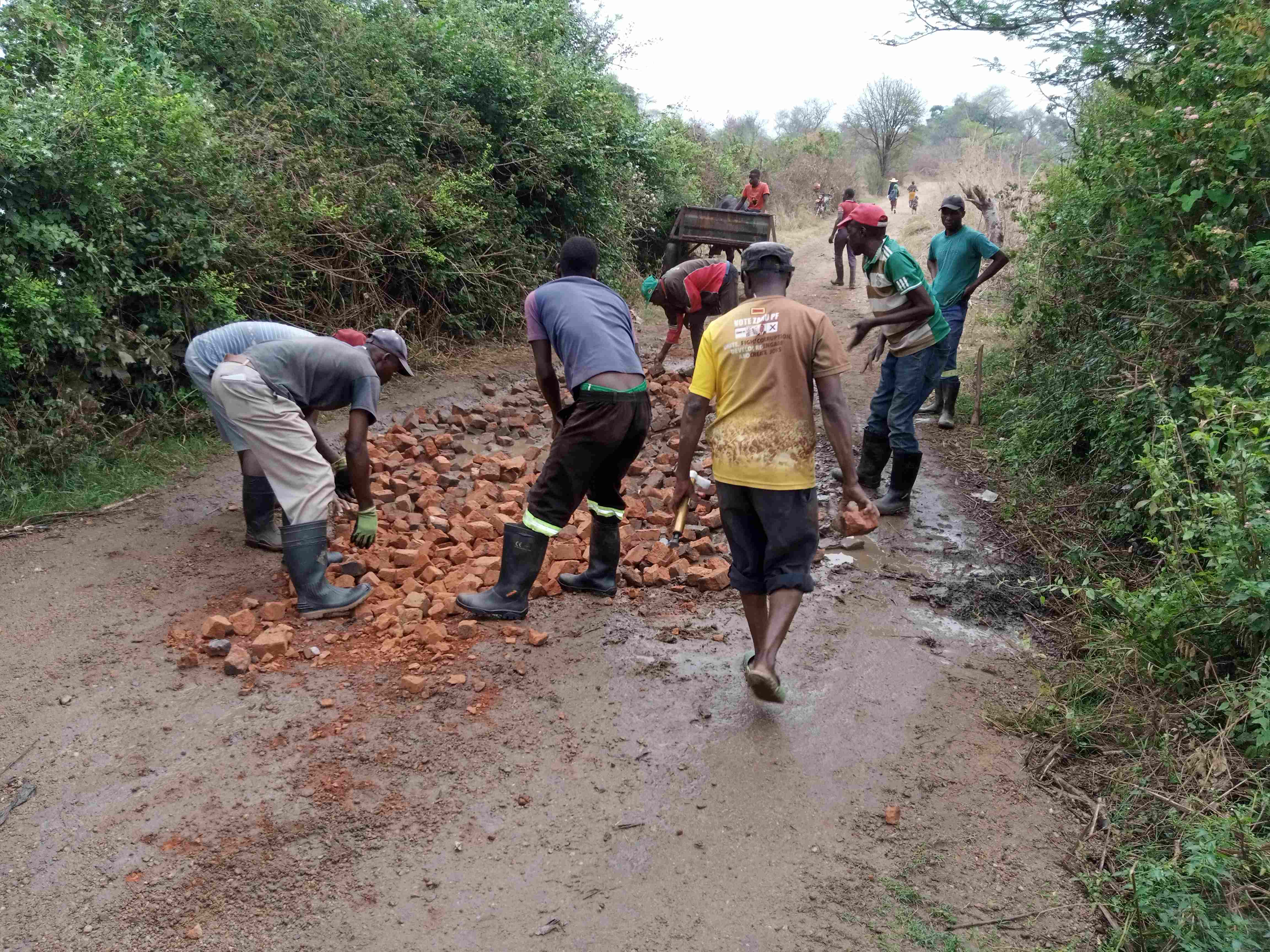
In 2024, the project maintained playgrounds for 12 preschools, with more than 600 children. Parents are at the centre of running community preschools, ensuring their children access quality education.
Our members work in various ways to support children to have access to quality education for development in Africa and Asia. The 400 primary school programmes engage 1.000 graduated teachers from our Teacher Training Schools to improve teaching and learning methods, reaching over 280.000 children in 900 rural schools annually. The Preschool of the Future Movement trains preschool teachers to teach children in rural communities. In 2024, over 2.800 preschool children were enrolled.
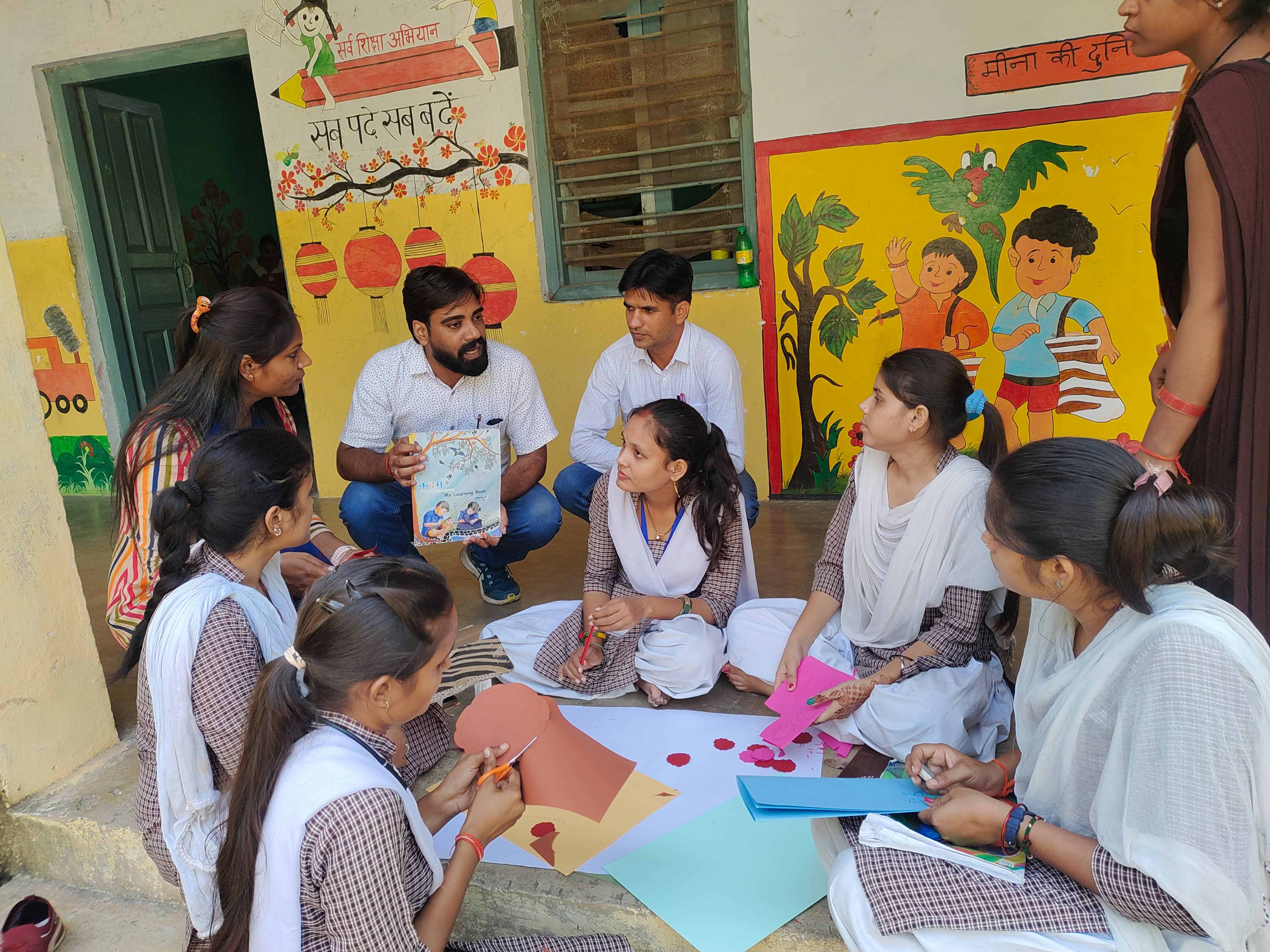
The path forward requires self-reliance and the understanding that all children’s rights are equally important to safeguarding and nurturing children successfully. Our people-to-people approaches have always built on the strengths of the people in the community to close the learning resources gap and contribute their time and knowledge to see to it that children are exposed to their rights, know how to protect themselves and have the opportunity to reach their potential.
